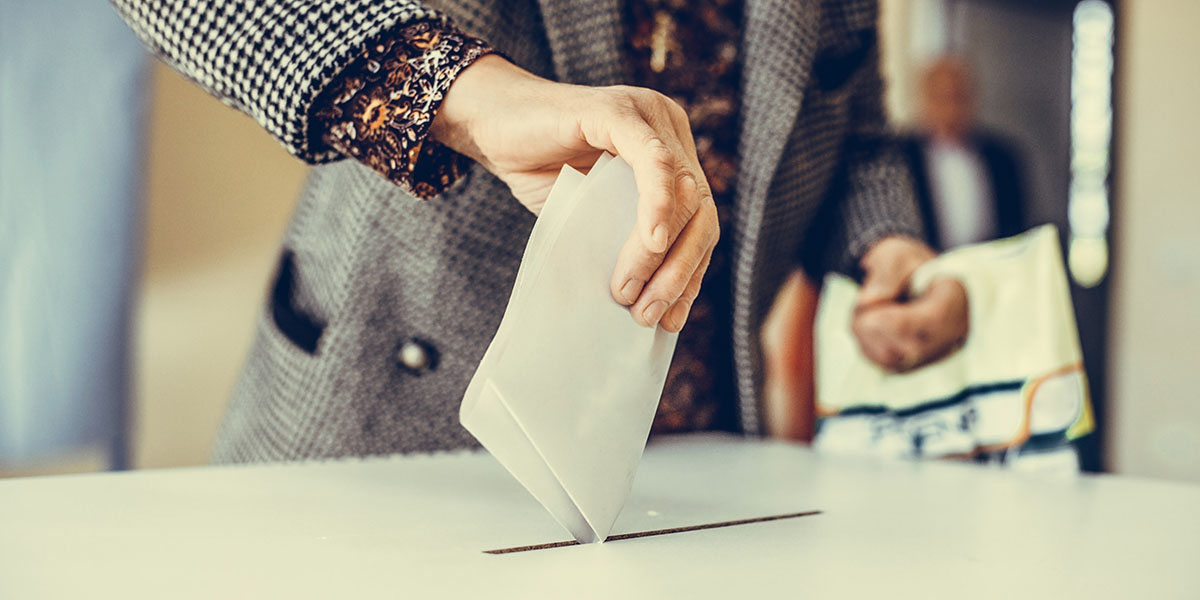South Dakota governor Larry Rhoden has signed two bills into law that will affect how RVers vote in the future: House Bill 1066 requires that an individual have spent at least 30 consecutive days in the state to be eligible to vote; House Bill 1208 would allow individuals who only have a mailbox in the state, or who otherwise do not fulfill the definition of “resident” under H.B. 1066 to register to vote for federal-level elections – i.e. president, senator, and house representative.
Why Is South Dakota Important to RVers?
South Dakota has a strong appeal to full-time RVers wishing to reduce costs. The state’s lack of income tax, very lenient vehicle registration costs, and the convenience of the mail services there appeal to full-time RVers.
The ease of becoming a resident of South Dakota is key: individuals can become legal residents by simply spending one night in the state and obtaining a legal address there, such as a postbox run by a local mailing service that caters to RVers.
Why Were These Bills Introduced?
Full-time RVers vote based on the electoral district of their mailing service, and given that hundreds of RVers can be served by a single physical location, this gives them an exaggerated sway in elections, an unusual form of gerrymandering. It also presents a strange situation for local residents whose elected officials may be determined by those who’ve spent less than 24 hours in their entire life in their state. The new legislative measures are intended to restore the voice of people who are most directly affected by the outcome of municipal and state elections.
Speaking at the Senate just prior to the vote on H.B. 1208, Sioux Falls Democratic Senator Jamie Smith expressed his frustration, referring to the race between fellow District 15 Democratic lawmaker Erik Muckey and Republican Joni Tschetter, “A friend of mine over in the House won by nine votes, OK? You take out the mailboxes and he wins by hundreds of votes. Hundreds.”
What’s the Effect of the Bills?
If you are a legal resident of South Dakota, but you have never stayed for 30 consecutive days in a single place in the state, then you can no longer vote in the state except by applying for an absentee ballot and only for federal elections. Note that the voting residency requirement only needs to be satisfied once in a lifetime and does not expire, unless there is a clear indication by the person that they will not return.
Should RVers be concerned that their ability to vote will be restricted? In South Dakota, there is now a divide between “legal” residents and “physical” residents where elections are concerned. However, this is a situation unique to this state that only exists because of its extraordinarily low bar to residency. Another popular state for RV registration, Montana, has the same 30-day requirement just to be considered a resident in the first place.
With the new legislation, South Dakota is closing a loophole rather than creating an unreasonable barrier to representation. For RVers who don’t yet qualify to vote, the solution is simple: find a campground in South Dakota that you enjoy and book a month-long stay.
